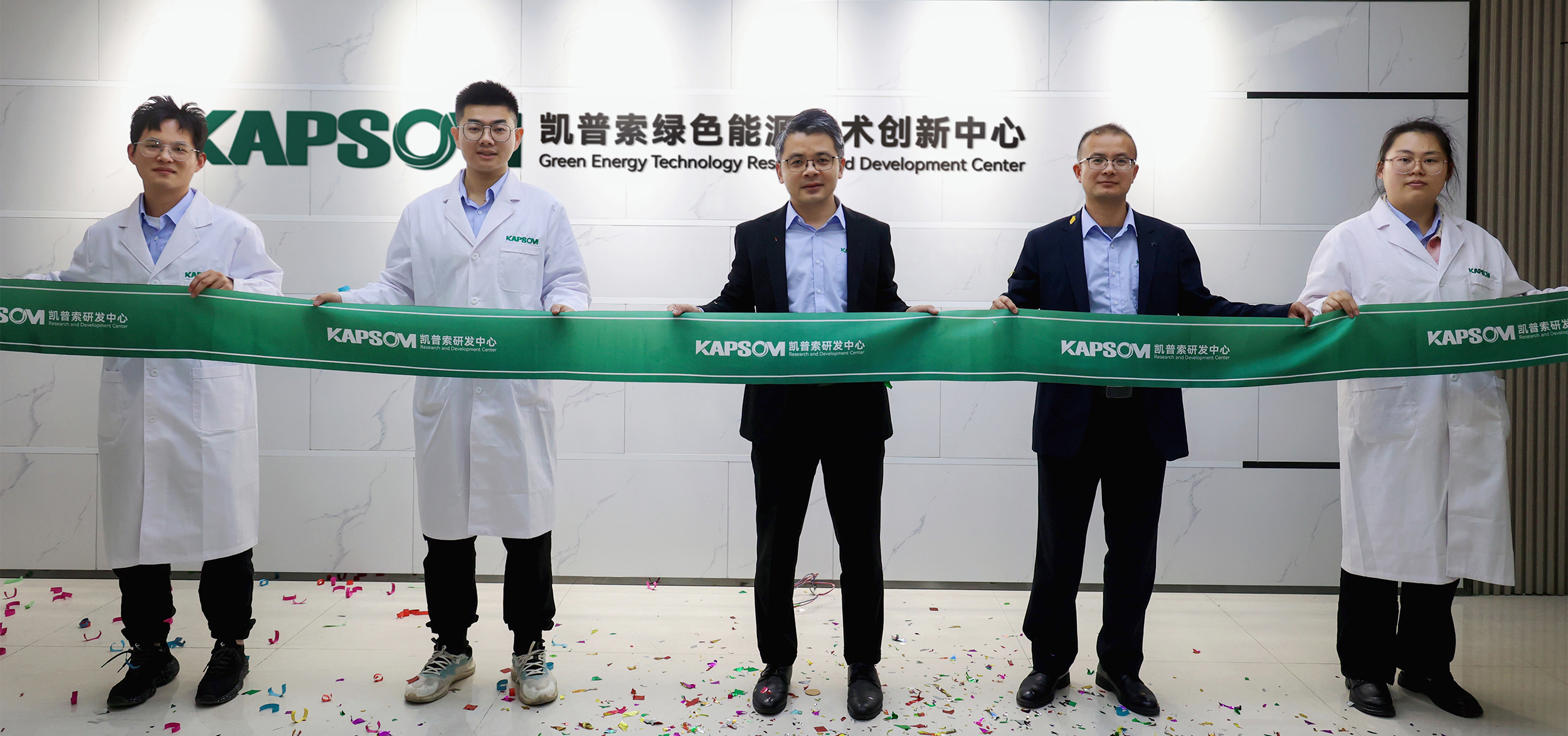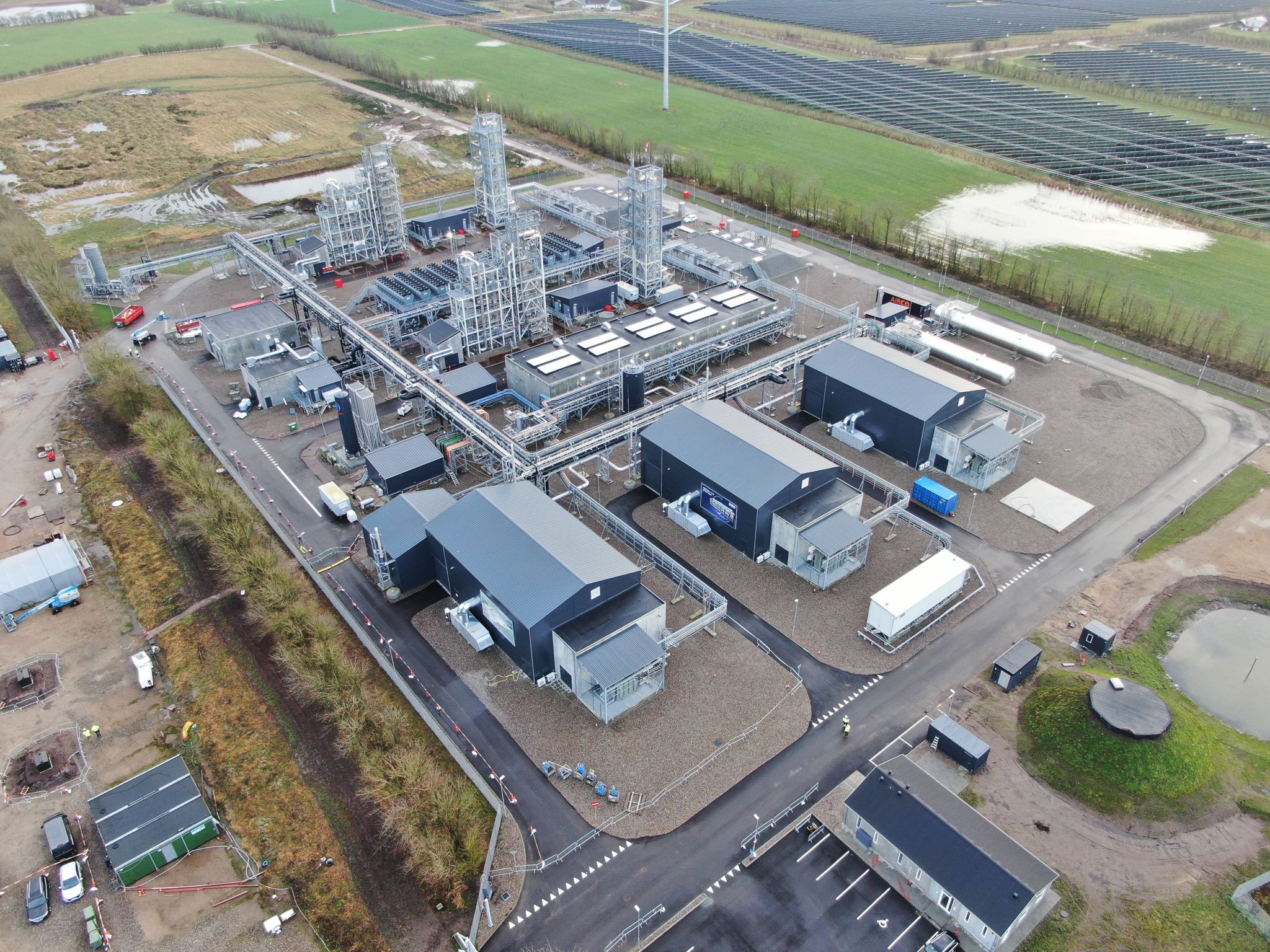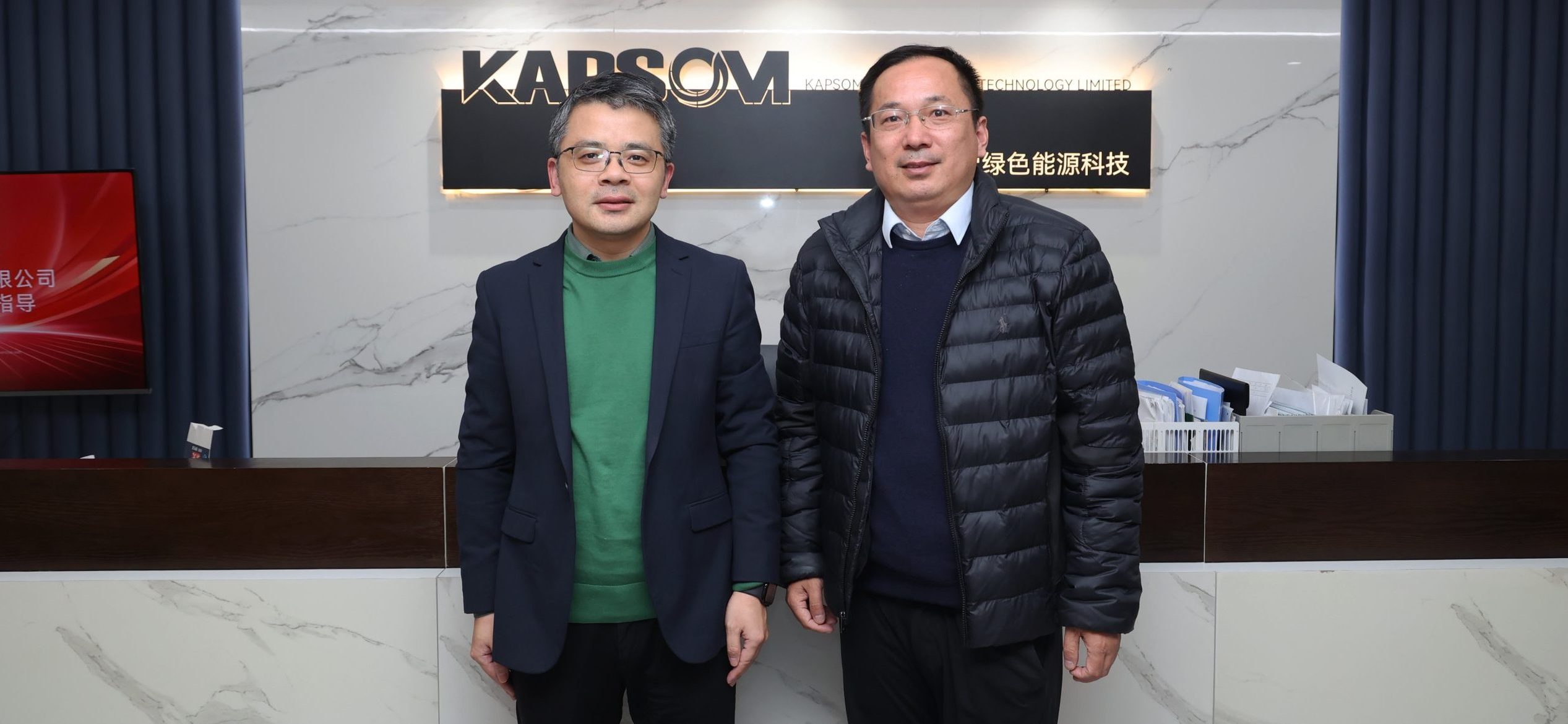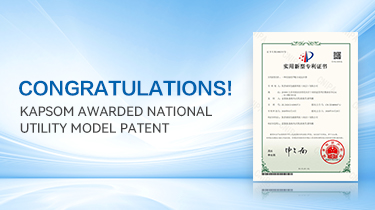On October 18, 2023, the management team of JMM Company from India visited KAPSOM . The discussions primarily focused on the new opportunities brought to the Indian energy market’s green transformation by the recent G20 summit and JMM’s upcoming green hydrogen project.

G20 Summit Provides Strong Support for India’s Green Hydrogen Energy Development
From September 9 to 10, 2023, the 18th G20 Summit was held in the Indian capital, New Delhi. This summit was also seen as a “Green Summit” – an important gathering for cooperation in the field of hydrogen energy between developed and developing nations. In the joint statement issued by G20 leaders after the summit, they emphasized the support for the development of hydrogen and its derivatives (such as ammonia) for zero and low-emission technology production and use, as well as the establishment of transparent, flexible global markets through the formulation of voluntary and mutually agreed coordinated standards, mutual recognition, and interoperable certification programs. They also reaffirmed the “G20 Voluntary Principles on Hydrogen,” with the aim of creating a sustainable and equitable global hydrogen ecosystem that benefits all countries.

l“G20 Voluntary Principles on Hydrogen”
- lEstablish Industry Standards: Encourage collaboration in developing national standards and strive for a globally unified approach to certify hydrogen and its derivatives (such as ammonia) produced with zero or low-emission technologies.
- lPromote Hydrogen Trade: Facilitate the free and fair trade of hydrogen and its derivatives, like ammonia, produced with zero or low-emission technologies, under flexible and diversified supply chains, in accordance with World Trade Organization rules.
- lFoster Project Collaboration: Accelerate technological innovation, business models, and research and development cooperation to enhance international collaboration.
- lDevelop Infrastructure: Encourage investment and mobilize funding to develop infrastructure that supports the production, utilization, and global trade of hydrogen and its derivatives produced with zero or low-emission technologies.
- lPromote Cutting-Edge Technologies: Support and drive voluntary information sharing, collaboration, dialogue, knowledge exchange, and capacity building in the production of hydrogen and its derivatives (such as ammonia) using zero or low-emission technologies.

Hydrogen plays a significant role in the Indian economy, with the country annually consuming approximately 6 million tons of hydrogen, primarily for ammonia and methanol production, as well as in refineries. A report from the Indian Institute of Energy and Resources indicates that by 2050, the country’s hydrogen demand is expected to increase to 28 million tons. In reality, all the hydrogen consumed in India is currently “grey hydrogen” (produced using fossil fuels), emitting roughly 9 tons of carbon dioxide for every ton of hydrogen produced. Therefore, achieving cost-effective domestic green hydrogen production (utilizing renewable energy electricity) is crucial for reducing carbon emissions intensity in India’s heavy industry and aiding the country in achieving its energy security and emission reduction objectives.
According to statistics, the Indian government has approved 48 proposals from various sectors. By 2030, these proposals are expected to result in a green hydrogen production capacity of 3.5 million tons per year. These projects are part of the “National Green Hydrogen Mission” launched by India in January 2023, with a capital expenditure of 197.4 billion rupees (approximately 17.23 billion Chinese yuan). The plan’s objective is to position India as a global hub for green hydrogen manufacturing and export, with the goal of establishing 5 million tons per year of green hydrogen production capacity by 2030, thereby aiding India in achieving its 2070 net-zero emissions target.

The current G20 summit and the upcoming COP28 are poised to mark another significant turning point for the hydrogen industry. With global support for green hydrogen policies, green hydrogen is anticipated to become a vital cornerstone of India’s decarbonization strategy. India also holds the ambitious goal of becoming a global hub for green hydrogen production and export, which is now within reach.
JMM Actively Seeks New Opportunities in Hydrogen Energy Development
JMM, established in India in 2010, primarily engages in the manufacturing, supply, and export of various iron ore products. In recent years, with numerous favorable policies from the Indian government regarding hydrogen development, JMM has been actively pursuing a green transformation and exploring new opportunities in the context of carbon neutrality.
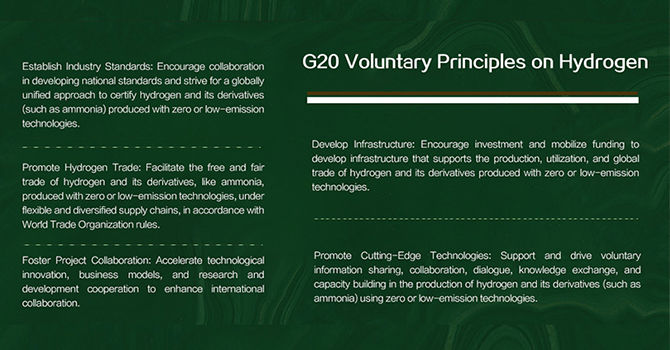
During their visit to KAPOSM, the primary focus was on discussions related to green hydrogen and green ammonia processes, core equipment, and the Indian green hydrogen market. JMM is planning to develop a pilot project for green hydrogen with a capacity of 1000m³/h, utilizing wave energy technology from Europe. They are looking to leverage KAPOSM’s advanced green hydrogen equipment and their experienced engineering team to support the project and facilitate the green transformation.
KAPSOM Bolsters Renewable Energy Development
This exchange with JMM has provided us with a deeper understanding of the new opportunities in India’s green hydrogen development. KAPOSM has been committed to developing green chemical processes through technological innovation to address global environmental issues and contribute to global emissions reduction efforts. To achieve global carbon neutrality goals, KAPOSM will steadfastly rely on its own technology and capabilities to support global renewable energy development and venture into new realms of green and low-carbon development.

